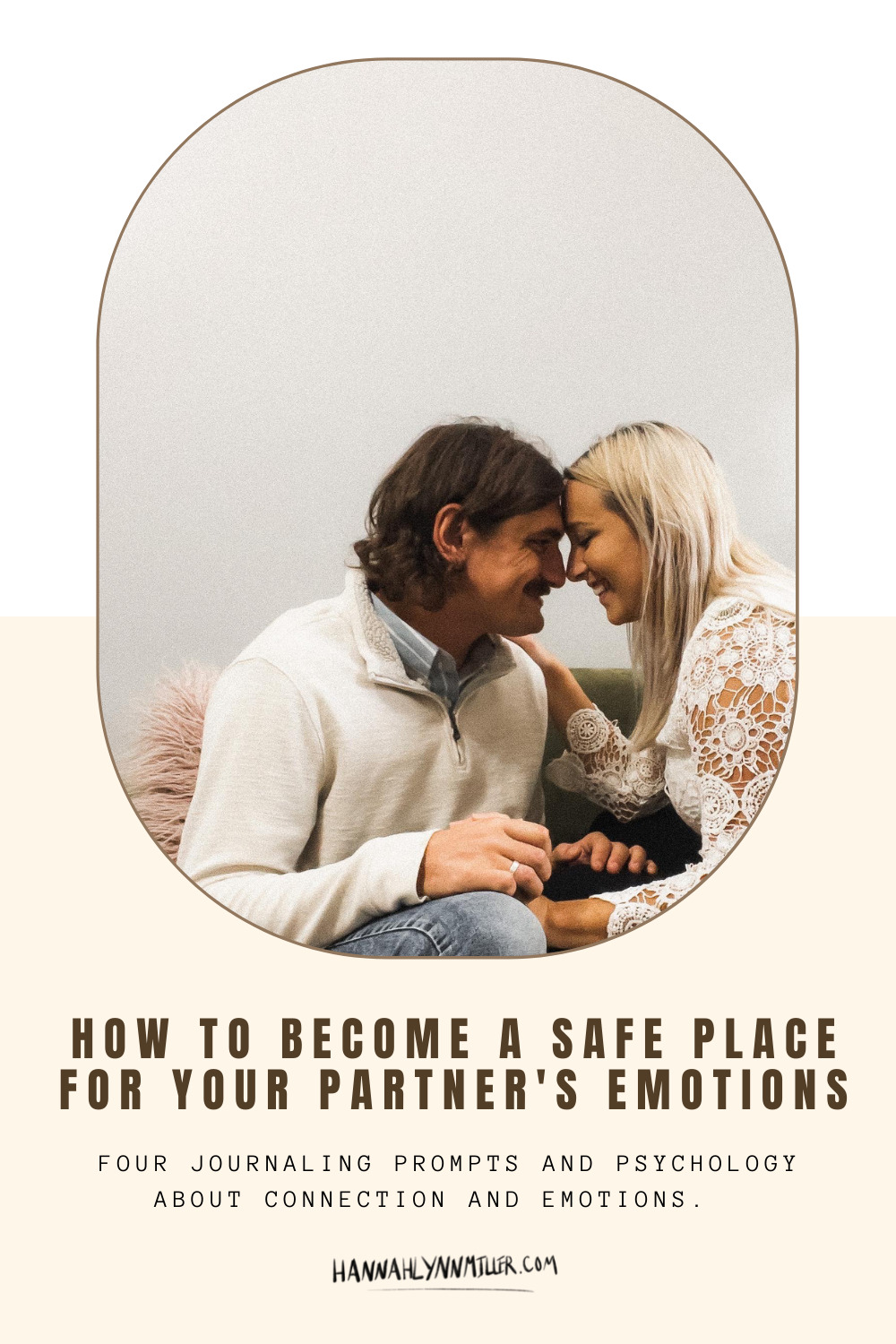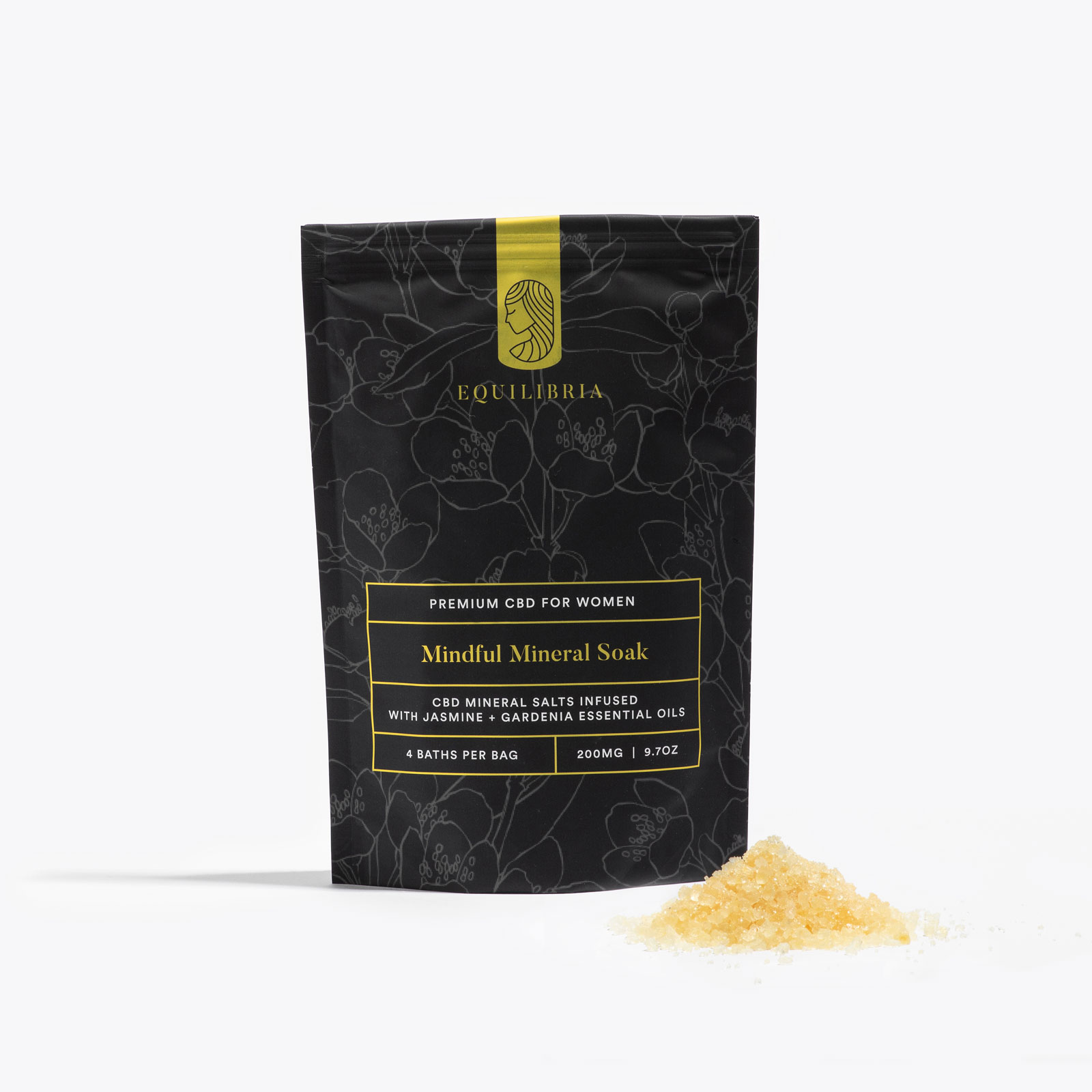
Emotions are the glue to a healthy relationship. Think about it. What else really connects another person with another person? Experiences? Memories? Family? The only reason those three things feel like they can connect you to another person has to do with an emotion or a feeling.
An article by Psychology World states, “the only way you can recall an experience or a memory is because of your emotions. emotions are believed to play a role in determining whether we can recall a stored memory at the time we try to revisit it”. Emotions are crucial in memory. There are many studies on which words are remembered more and why. The research all points towards the words said with a strong emotion being remembered more. “Emotion substantially influences memory performance and both positive and negative words were remembered more effectively than neutral words. Moreover, emotional words were remembered better in recognition vs. recall test” (Tyng, Amin, Saad, and Malik, 2017). Emotions are important not only to memory but also to relationships.
Many times lack of connection can occur from a lack of self soothing. Self soothing requires knowing your own emotions.
“Couples conflict can be seen as resulting from breakdowns in both other- and self- regulation of affect. A hallmark of the original model of emotionally focused couples’ therapy (Greenberg & Johnson, 1988) was the strong emphasis on people expressing underlying vulnerable feelings to undo negative interactional cycles and the encouragement of the expression of adult unmet needs and responsiveness to these expressions” (Goldman & Greenberg 2013).
This stems from not having certain needs met in childhood. So where do you start when trying to connect with your partner? If you are the one who has a hard time understanding or feeling your emotions take some time to walk through the steps below.
How to Be a Safe Place for Your Emotions:
- Take time to reflect. Write in a journal and try to use descriptive emotion words.
- Name the place in your body where your emotions are. This could be a tightening in your chest, a pain in your stomach, a head ache or jaw tension.
- Tell yourself it is ok to cry and express those feelings. Say it out loud.
- Take some time to walk back through childhood and name the feelings. Maybe look at a childhood photo and name a feeling.
You cannot be a safe place for your partner’s emotions if you are not first a safe place for YOUR emotions
Hannah Lynn Miller
You have to first become a safe space for your own emotions before you can be a safe place for another person’s emotions. It’s like when you were learning how to drive you didn’t know what all the signs on the road meant. You had to take time to learn what each sign looked like and meant before you could tell others what you see. That’s how it is when you are learning to read your own emotions. Your body does give you signs. Read the signs and understand what they are. This will help you communicate your emotions with your partner.
Next, here are some tips when striving to become a safe place for your partner’s emotions.
- Create a time each week to hear each other without distractions.
- Affirm emotions. Not all emotions are fact, or truth — however, all emotions are valid. Those are real emotions your partner is feeling.
- Ask clarifying questions. Ask your partner where they are feeling the emotion. Ask them to name the emotion. Talk about where the emotion came from.
- Be comfortable with your partner expressing the emotion.
Another great thing to do with your partner is using breath techniques together. This is helpful especially when anxiety, fear, or anger is present. Taking deep breaths does so much for your body. It really is like a vitamin to your body, mind, and soul. I hope this helps! Connection in a relationship like marriage is crucial. Strive to be a safe place for your own emotions and then become a safe place for your partner.
References
Goldman, R. N., & Greenberg, L. (2013). Working with Identity and Self-soothing in Emotion-Focused Therapy for Couples. Family Process, 52(1), 62–82. https://doi.org/10.1111/famp.12021
Tyng, C. M., Amin, H. U., Saad, M. N., & Malik, A. S. (2017). The influences of emotion on learning and memory. Frontiers in Psychology, 8. https://doi.org/10.3389/fpsyg.2017.01454
More Favorite Topics:
- The Important Role of Faith-Based Counseling in Mental Health
- How to Utilize a Planner for Better Mental Health
- When Friends Are Only in Your Life for a Short Time
- Book Review: Unraveling the Danish Approach with “The Danish Way of Parenting”
- Preserving Memories: My Journey in Archiving Family Photos
.






